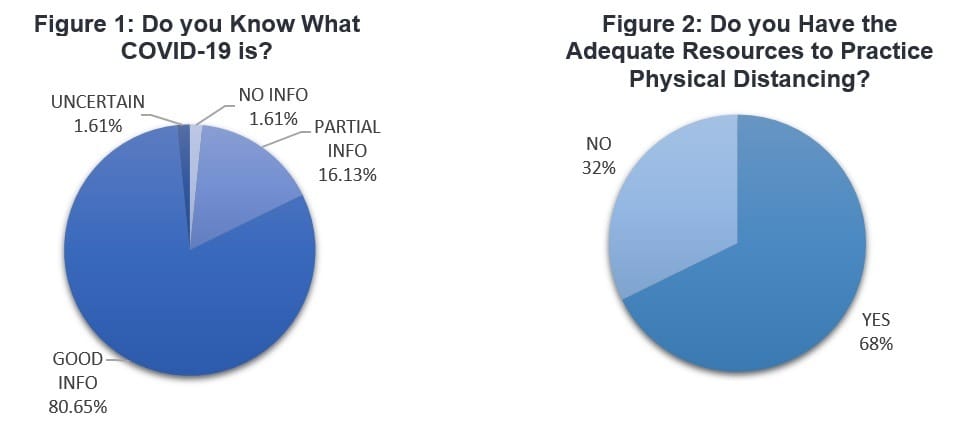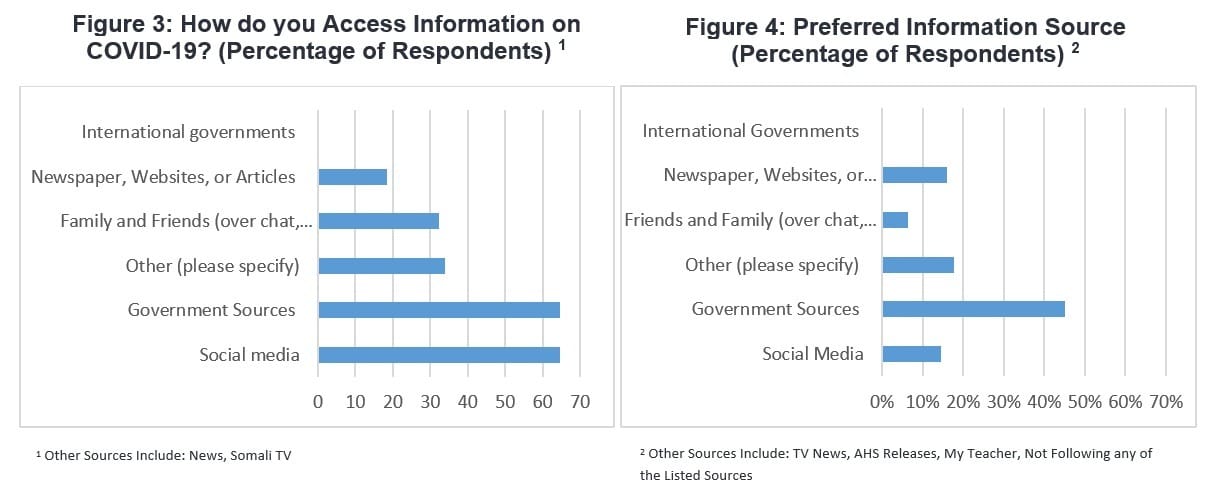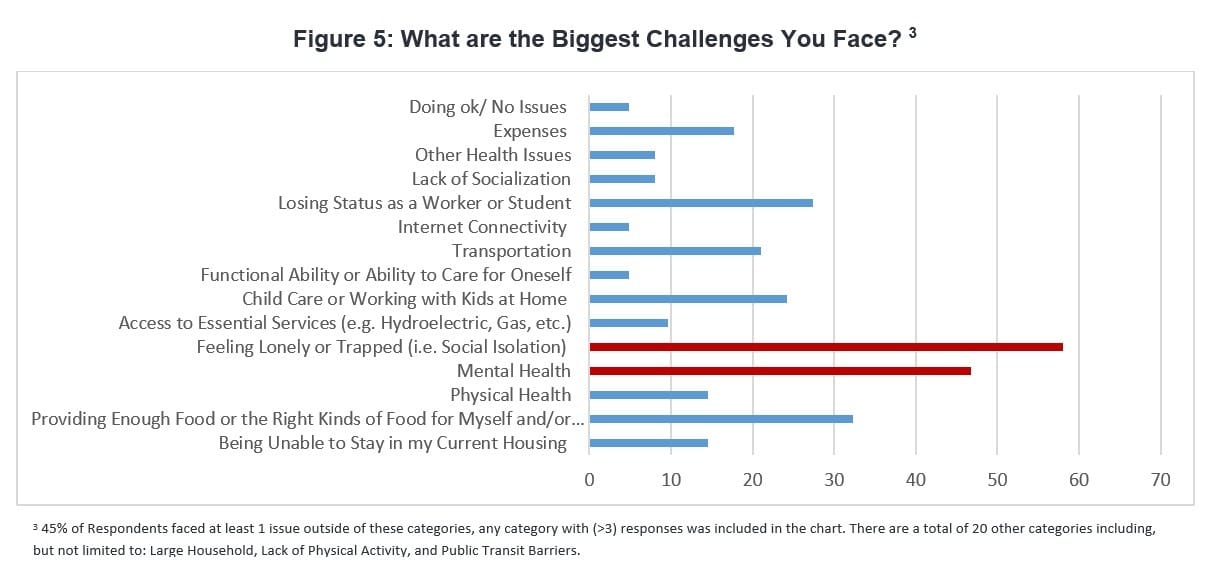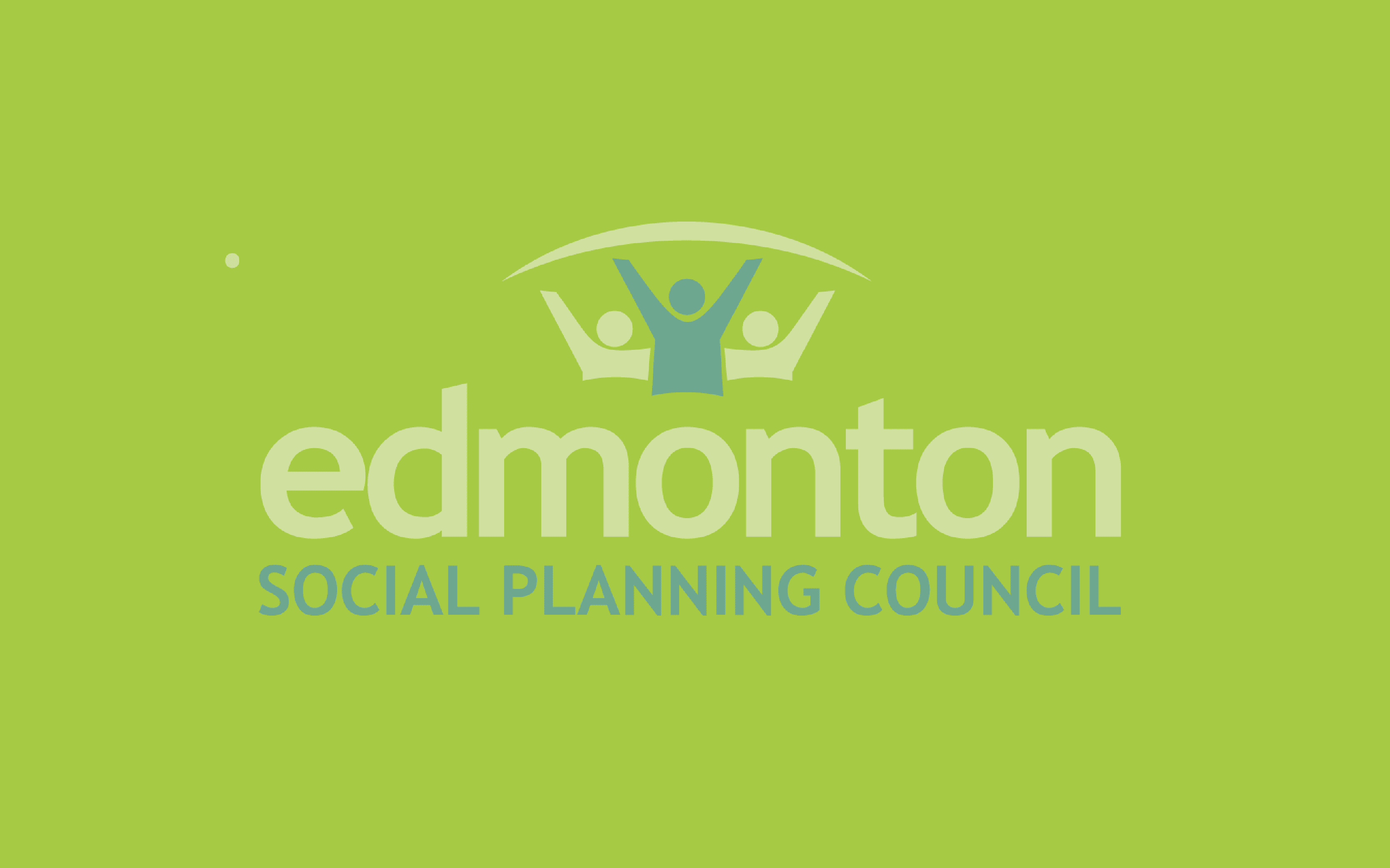[et_pb_section fb_built=”1″ _builder_version=”4.7.0″ custom_margin=”0px||0px||false|false” custom_padding=”0px||0px||false|false”][et_pb_row column_structure=”3_4,1_4″ use_custom_gutter=”on” gutter_width=”1″ _builder_version=”4.7.3″ _module_preset=”default” width=”100%” custom_margin=”0px||||false|false” custom_padding=”3px||5px|||” border_width_bottom=”1px” border_color_bottom=”#a6c942″][et_pb_column type=”3_4″ _builder_version=”4.7.0″ _module_preset=”default”][et_pb_post_title meta=”off” featured_image=”off” _builder_version=”4.7.4″ _module_preset=”default” title_font=”||||||||” custom_margin=”||3px|||” border_color_bottom=”#a6c942″][/et_pb_post_title][/et_pb_column][et_pb_column type=”1_4″ _builder_version=”4.7.0″ _module_preset=”default”][et_pb_image src=”https://edmontonsocialplanning.ca/wp-content/uploads/2020/08/boxes_1.gif” title_text=”boxes_1″ align=”center” disabled_on=”on|off|off” _builder_version=”4.7.4″ _module_preset=”default” width=”100%” custom_margin=”-2px||-1px||false|false” custom_padding=”||7px|||”][/et_pb_image][/et_pb_column][/et_pb_row][et_pb_row column_structure=”3_4,1_4″ use_custom_gutter=”on” gutter_width=”1″ make_equal=”on” _builder_version=”4.7.4″ background_size=”initial” background_position=”top_left” background_repeat=”repeat” width=”100%” custom_margin=”0px|auto|0px|auto|false|false” custom_padding=”37px|0px|44px|0px|false|false”][et_pb_column type=”3_4″ _builder_version=”4.5.6″ custom_padding=”0px|0px|0px|0px|false|false” custom_padding__hover=”|||”][et_pb_text _builder_version=”4.7.4″ _dynamic_attributes=”content” _module_preset=”default” text_font=”||||||||” text_text_color=”#000000″ custom_padding=”||32px|||”]@ET-DC@eyJkeW5hbWljIjp0cnVlLCJjb250ZW50IjoicG9zdF9kYXRlIiwic2V0dGluZ3MiOnsiYmVmb3JlIjoiIiwiYWZ0ZXIiOiIiLCJkYXRlX2Zvcm1hdCI6ImRlZmF1bHQiLCJjdXN0b21fZGF0ZV9mb3JtYXQiOiIifX0=@[/et_pb_text][et_pb_text _builder_version=”4.7.4″ text_line_height=”1.6em” header_2_font=”||||||||” header_2_text_color=”#008ac1″ header_2_font_size=”24px” background_size=”initial” background_position=”top_left” background_repeat=”repeat” width=”95%” module_alignment=”left” custom_margin=”4px|0px|2px|-96px|false|false” hover_enabled=”0″ locked=”off” sticky_enabled=”0″]
The beginning of the 21st century saw a surge in migrant workers coming to Canada to take on various jobs under the Temporary Foreign Worker Program (TFWP). At its peak, there were as many as 400,000 Temporary Foreign Workers (TFW) in Canada, with about 77,000 of them residing in Alberta. Alberta had the most TFWs in the nation per capita. Within the last five years, due to economic downturns and changes in federal policy, the TFWP has been severely curtailed with many migrant workers losing their status, with just 32,000 migrant workers holding a work permit by 2018. While a number of people returned to their country of origin, a smaller contingent decided to stay.
The Parkland Institute’s recent report, In the Shadows: Living and Working Without Status in Alberta, seeks to understand the situation for those who have remained in Alberta who have lost their status and offer ideas for how their lives can be made better, both in the short-term and the long-term. It is estimated that there are between 10,000 to 20,000 migrant workers from the TFWP living in Alberta who have lost their status.
Prior to changes in policy, TFWs in Alberta were most commonly working jobs in construction, retail clerks, light housekeeping, cooks, and food servers. The most common countries or regions of origin included those from the Philippines, India, Central America, and Eastern Europe.
For the report, authors Marco Luciano (of Migrante Alberta) and Jason Foster (professor at Athabasca University) interviewed 32 undocumented migrant workers, 17 women and 15 men. Of the 32 participants, 29 came from the Philippines while the remaining three came from Mexico, Chile, and Ukraine. The majority of occupations the participants worked in were retail or fast-food employment as well as construction or landscaping labourers.
Participants spoke in great detail about their experience, highlighting a number of issues they faced when working with status. These ranged from receiving less pay and fewer hours than promised, unsafe working conditions, and abusive working environments. If they wished to leave their employer to take on a different job, the onerous process of changing their permit made it a difficult process.
Many lost their status in 2015 when their employer failed to apply to renew their work permits or their renewal was denied due changes in federal policy that made the TFWP more restrictive as a result of worsening economic conditions. In other instances, worsening health conditions were another reason for not renewing their work permit.
While it’s believed most migrant workers in the TFWP returned to their country of origin, a small contingent chose to stay. The reasons for staying including a lack of opportunity back home, the need to support their family abroad, and building a life for their Canadian-born children.
While they no longer have a valid work permit, many of them do remain in Canada legally, although with a different visa (e.g. visitor or student). While formalized employment relationships are largely out of reach, many find work in the informal sector doing tasks for cash for friends, neighbours, and family members. These jobs include house cleaning, babysitting, cooking, and casual labour jobs. Due to the informal nature of the work, hours and pay are inconsistent and the jobs are temporary or fleeting. These working arrangements compound their marginalized status as they try to survive. Issues arising from this working relationship include not being paid in a timely manner or being forced to accept unfairly lower wages. Outside of the workplace, access to health care and education become a barrier to access, as they become ineligible for government-funded programs and services. While hospitals are obligated to treat any patient regardless of status, migrant workers without status will get billed for treatment, racking up large expenses. Other services, such as libraries, income support programs, child and family benefits, banking, and obtaining a driver’s license, become out of reach or precarious as a result of their work permits expiring. All of this results in negative impacts on their physical, financial, and mental well-being.
Despite all of these hardships they have endured, the participants demonstrated a resilience in their hopes for the future, and still possess a faith that things will work out in the future.
The report concludes with 27 recommendations that federal, provincial, and municipal governments can pursue to make the lives of these migrant workers better. These recommendations are divided between immediate actions that can be taken as well as systemic and long-term changes that can be implemented. These recommendations include amending rules to ensure migrant workers can receive income support benefits, overhauling Canada’s migrant worker programs to eliminate exploitation and abuse, issuing open work permits with mobility rights in the labour market, ensuring all medical services are provided free of charge regardless of status, municipalities declaring themselves as a “Sanctuary City” among various other recommendations.
The Parkland Institute’s report sheds some much-needed light on the circumstances these workers face and the need for a comprehensive reform of these immigration policies so that humane practices are prioritized is certainly urgent. The fact that so many of these migrant workers cannot earn a living wage (which the Edmonton Social Planning Council calculates it to be at $16.51 per hour in Edmonton as of 2019) only compounds the great difficulty these workers have in eking out an existence where they can survive, let alone thrive.
While the Temporary Foreign Worker issue has receded from our attention in recent years, this report makes a strong case for renewed attention and action.
[/et_pb_text][/et_pb_column][et_pb_column type=”1_4″ _builder_version=”4.7.4″ custom_padding=”0px|20px|0px|20px|false|false” border_color_left=”#a6c942″ custom_padding__hover=”|||”][et_pb_testimonial author=”Posted by:” job_title=”@ET-DC@eyJkeW5hbWljIjp0cnVlLCJjb250ZW50IjoicG9zdF9hdXRob3IiLCJzZXR0aW5ncyI6eyJiZWZvcmUiOiIiLCJhZnRlciI6IiIsIm5hbWVfZm9ybWF0IjoiZGlzcGxheV9uYW1lIiwibGluayI6Im9uIiwibGlua19kZXN0aW5hdGlvbiI6ImF1dGhvcl93ZWJzaXRlIn19@” portrait_url=”@ET-DC@eyJkeW5hbWljIjp0cnVlLCJjb250ZW50IjoicG9zdF9hdXRob3JfcHJvZmlsZV9waWN0dXJlIiwic2V0dGluZ3MiOnt9fQ==@” quote_icon=”off” disabled_on=”on|off|off” _builder_version=”4.7.4″ _dynamic_attributes=”job_title,portrait_url” _module_preset=”default” body_text_color=”#000000″ author_font=”||||||||” author_text_align=”center” author_text_color=”#008ac1″ position_font=”||||||||” position_text_color=”#000000″ company_text_color=”#000000″ background_color=”#ffffff” text_orientation=”center” module_alignment=”center” custom_margin=”0px|0px|4px|0px|false|false” custom_padding=”32px|0px|0px|0px|false|false”][/et_pb_testimonial][et_pb_text disabled_on=”on|off|off” _builder_version=”4.7.4″ _dynamic_attributes=”content” _module_preset=”default” text_text_color=”#000000″ header_text_align=”left” header_text_color=”rgba(0,0,0,0.65)” header_font_size=”20px” text_orientation=”center” custom_margin=”||50px|||” custom_padding=”48px|||||”]@ET-DC@eyJkeW5hbWljIjp0cnVlLCJjb250ZW50IjoicG9zdF9jYXRlZ29yaWVzIiwic2V0dGluZ3MiOnsiYmVmb3JlIjoiUmVsYXRlZCBjYXRlZ29yaWVzOiAgIiwiYWZ0ZXIiOiIiLCJsaW5rX3RvX3Rlcm1fcGFnZSI6Im9uIiwic2VwYXJhdG9yIjoiIHwgIiwiY2F0ZWdvcnlfdHlwZSI6ImNhdGVnb3J5In19@[/et_pb_text][/et_pb_column][/et_pb_row][/et_pb_section]







